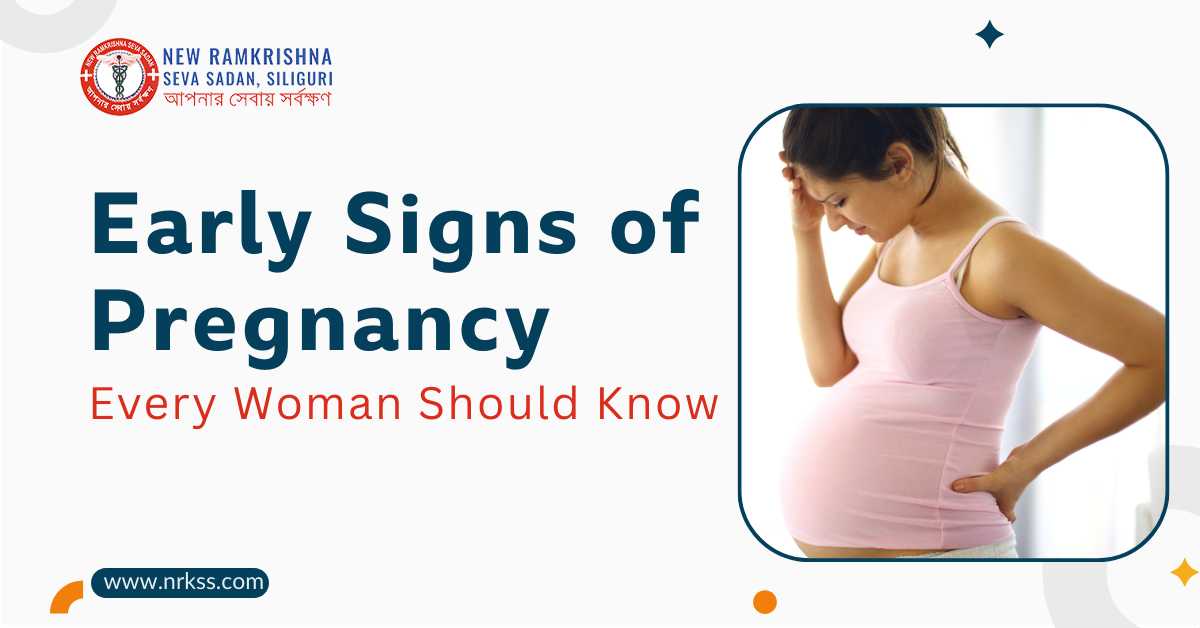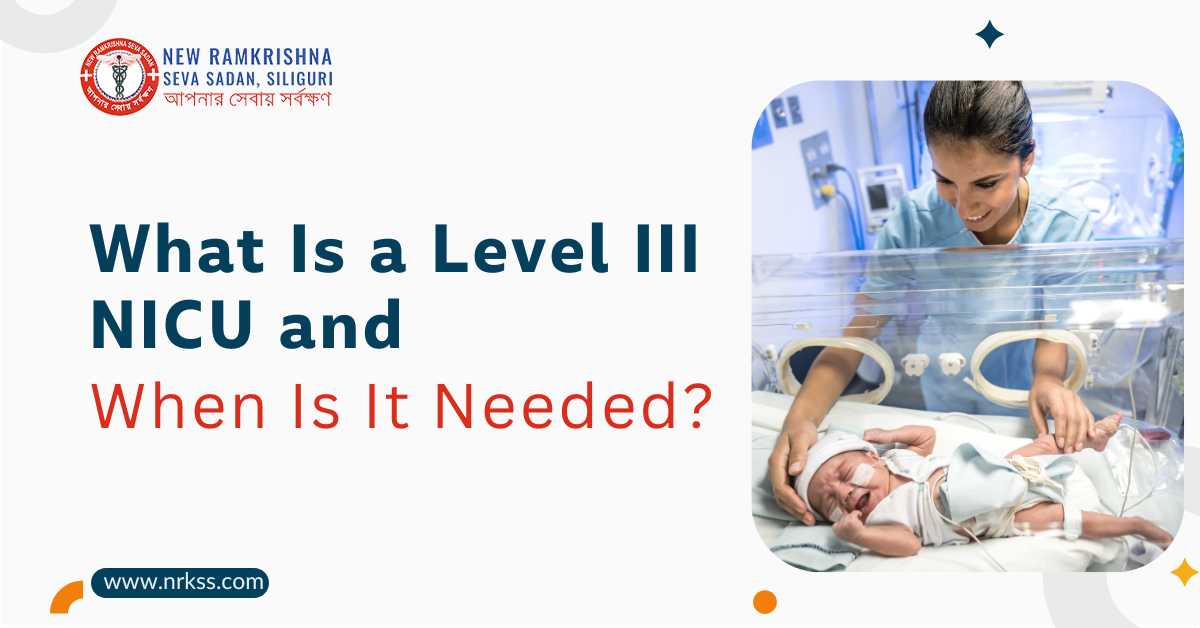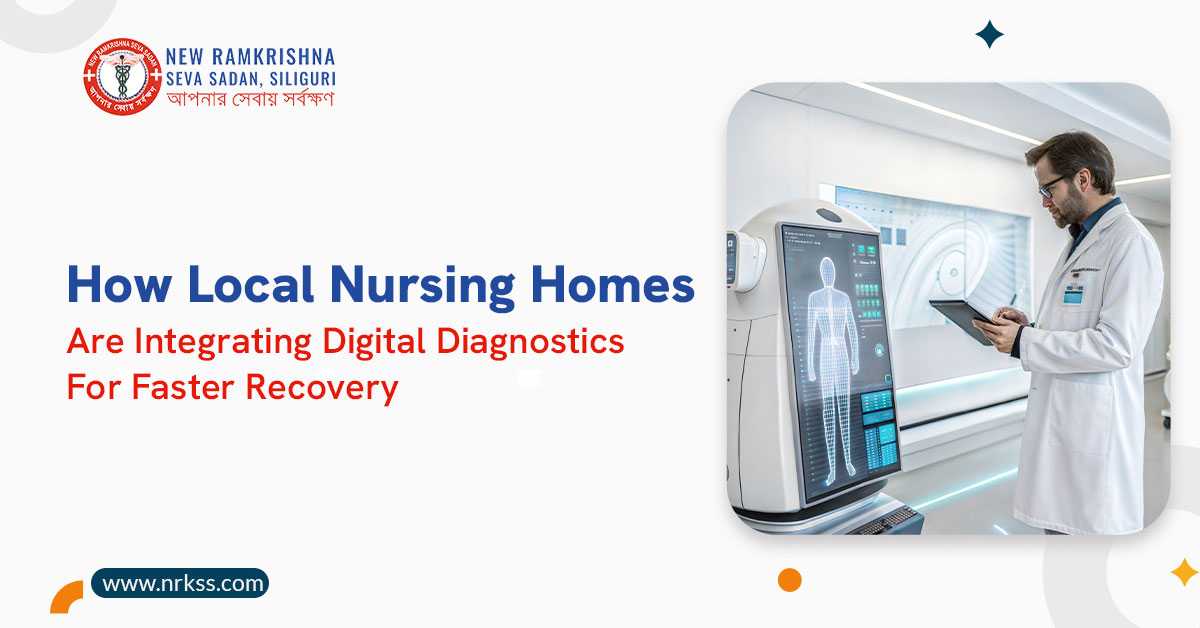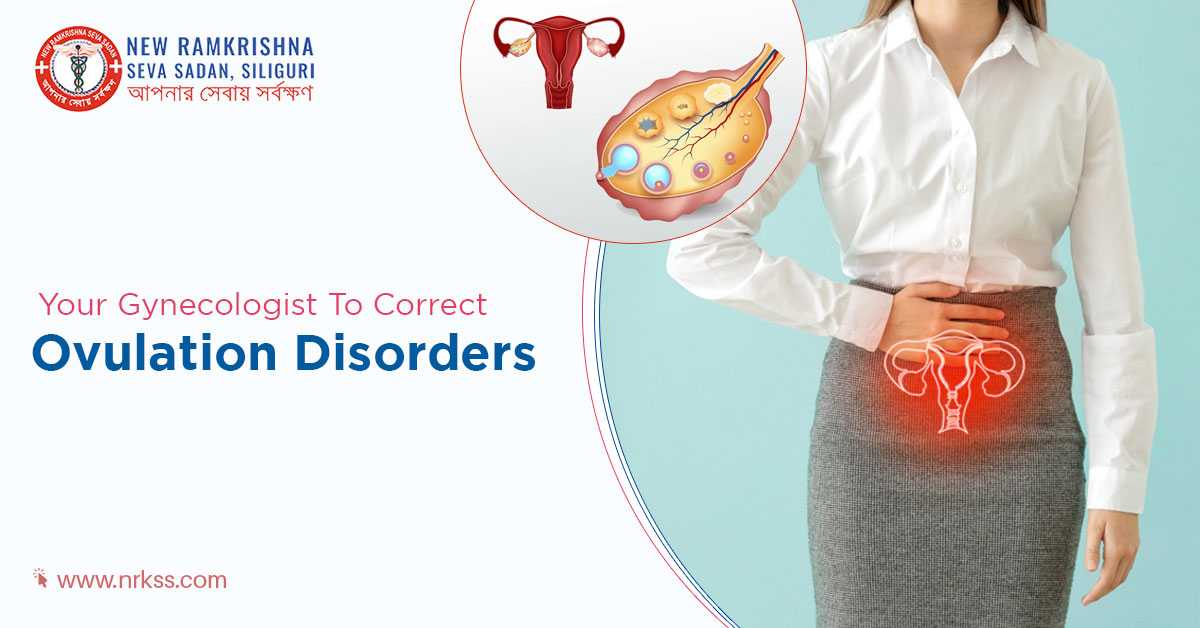Ovulation is the medical term for a mature egg released from the ovary. It’s a phase of the menstrual cycle. It plays a significant role in pregnancy. But ovulation disorders occur when there are issues with female reproductive hormones. This condition is one of the common concerns for infertility.
If you are wondering if you have such a condition, well, certain signs you must not overlook, including – missing periods, irregular periods, sudden weight changes, mood changes, unexplained anxiety, etc. Get expert guidance on wellbeing. Talk to your gynecologist in order to correct your health concerns.
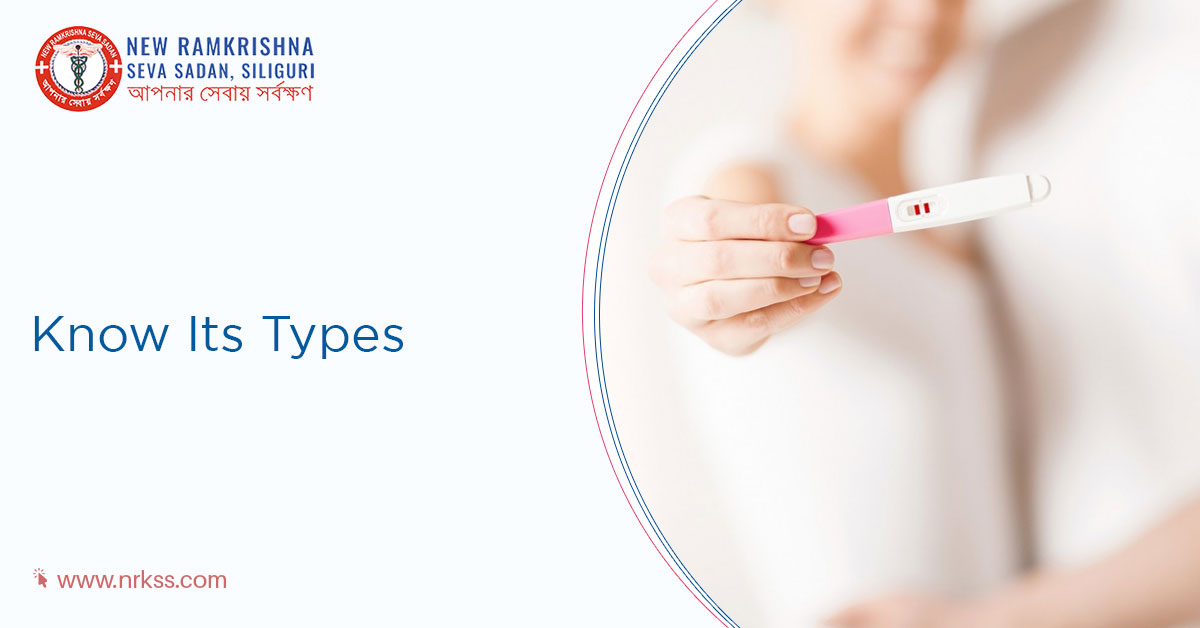
Different Types of Ovulation Disorders
Given below are some of the types of ovulation disorders:
Polycystic Ovary Syndrome. Commonly known as PCOS, refers to a hormonal disorder. With PCOS, the female body produces a higher amount of male hormones. The exact cause of this condition, however, is unknown.
Widely experienced signs of PCOS include – irregular periods, heavy periods, acne-prone skin, hirsutism/excess unwanted hair growth, weight gain, headaches, dark patches on the skin, etc. Untreated polycystic ovary syndrome is one of the leading causes of infertility in women.
If you don’t ovulate, natural pregnancy is not possible. Here, besides infertility, long-term health conditions caused by PCOS can be metabolic syndrome, depression, sleep apnea, etc. Make sure if you have been dealing with irregular periods, see your gynae doctor.
Premature Ovarian Failure. Also known as early menopause, in which the ovaries stop performing their effective functioning before 40. Possible complications of this condition include female infertility, heart disease, osteoporosis, mood disorders, etc. Due to such ovarian insufficiency, the ovaries don’t make enough estrogen hormone. At the same time, it affects the regular egg releasing process.
Signs and symptoms include – irregular periods, night sweats, trouble getting pregnant, low libido, eye dryness, hot flashes, vaginal dryness, et al. These signs overlap the signs of estrogen deficiency or menopause.
Yes, this condition can be responsible for an inability to conceive. So, if you’re planning a pregnancy, best to get medical consultation. Treatment may help you get pregnant. Estrogen therapy or egg donation with IVF can be effective medical options here.

Hypothalamic Dysfunction. Problems in the pituitary gland may lead to fertility concerns in females. Delayed puberty can be a result of this condition. Hypothalamic dysfunction, many a time, causes a female to stop ovulating. And ovulation is required in order to conceive naturally.
Some of the signs of this hypothalamus malfunction include irregular periods, constipation, cold intolerance, weight gain, hoarseness, fatigue, depression, vision issues, etc. Not everyone, receives significant signs, however.
Now, treatments rest on the factors resulting in this issue. Doctors may prescribe medications or hormone replacement therapy. In case, tumors cause the issues require surgical removal or radiation.
Receive medical guidance so as to heal ovulation disorders early on. Healing depends on the extremity of the problem. Options for medical care involve – medications, fertility meds, thyroid hormone replacement therapy, etc. Specialists offer treatment based on what is best for you. Healthy lifestyle choices contribute to better recovery.

